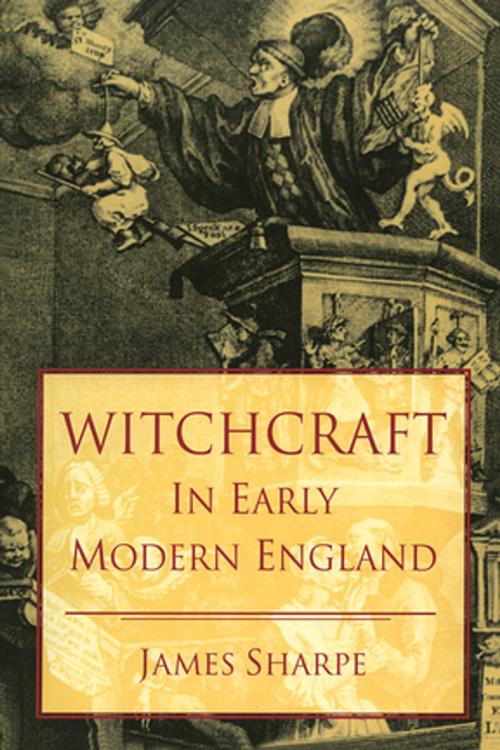| Author: | James Sharpe | ISBN: | 9781317881292 |
| Publisher: | Taylor and Francis | Publication: | June 6, 2014 |
| Imprint: | Routledge | Language: | English |
| Author: | James Sharpe |
| ISBN: | 9781317881292 |
| Publisher: | Taylor and Francis |
| Publication: | June 6, 2014 |
| Imprint: | Routledge |
| Language: | English |
With the renewed interest in the history of witches and witchcraft, this timely book provides an introduction to this fascinating topic, informed by the main trends of new thinking on the subject. Beginning with a discussion of witchcraft in the early modern period, and charting the witch panics that took place at this time, the author goes on to look at the historical debate surrounding the causes of the legal persecution of witches. Contemporary views of witchcraft put forward by judges, theological writers and the medical profession are examined, as is the place of witchcraft in the popular imagination. Jim Sharpe also looks at the gender dimensions of the witch persecution, and the treatment of witchcraft in Elizabethan and Jacobean drama. Supported by a range of compelling documents, the book concludes with an exploration of why witch panics declined in the late seventeenth century and early eighteenth century.
With the renewed interest in the history of witches and witchcraft, this timely book provides an introduction to this fascinating topic, informed by the main trends of new thinking on the subject. Beginning with a discussion of witchcraft in the early modern period, and charting the witch panics that took place at this time, the author goes on to look at the historical debate surrounding the causes of the legal persecution of witches. Contemporary views of witchcraft put forward by judges, theological writers and the medical profession are examined, as is the place of witchcraft in the popular imagination. Jim Sharpe also looks at the gender dimensions of the witch persecution, and the treatment of witchcraft in Elizabethan and Jacobean drama. Supported by a range of compelling documents, the book concludes with an exploration of why witch panics declined in the late seventeenth century and early eighteenth century.















